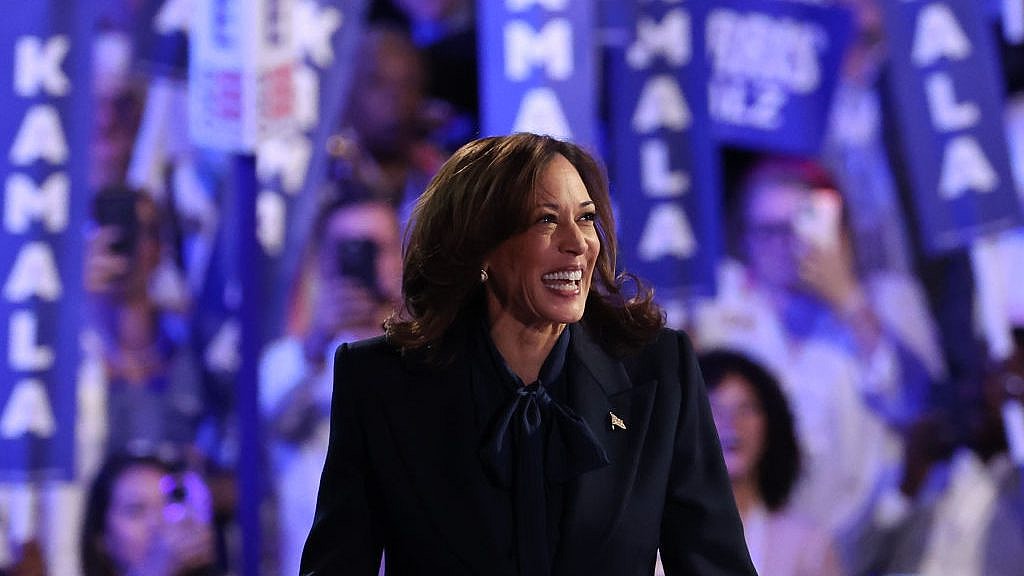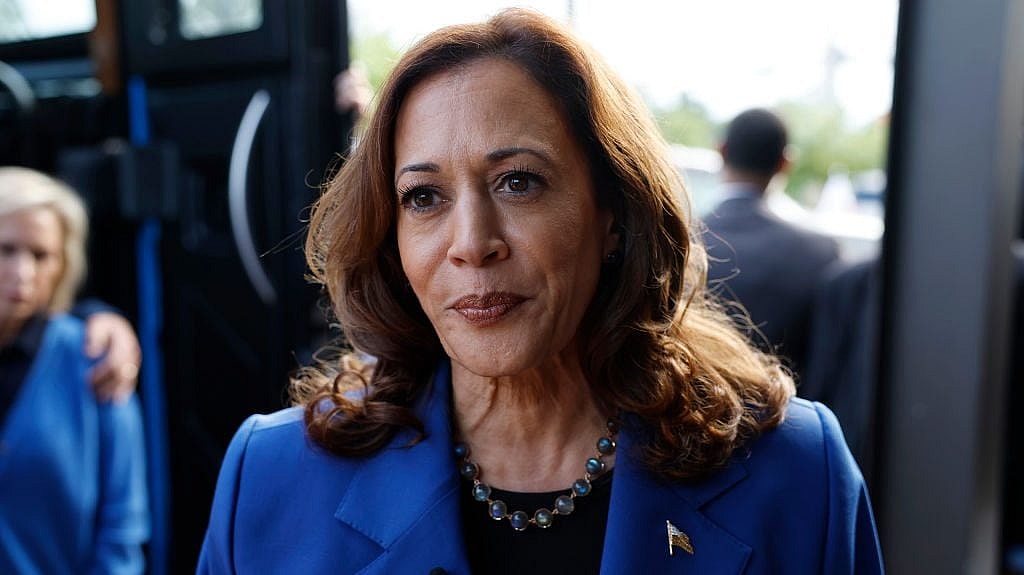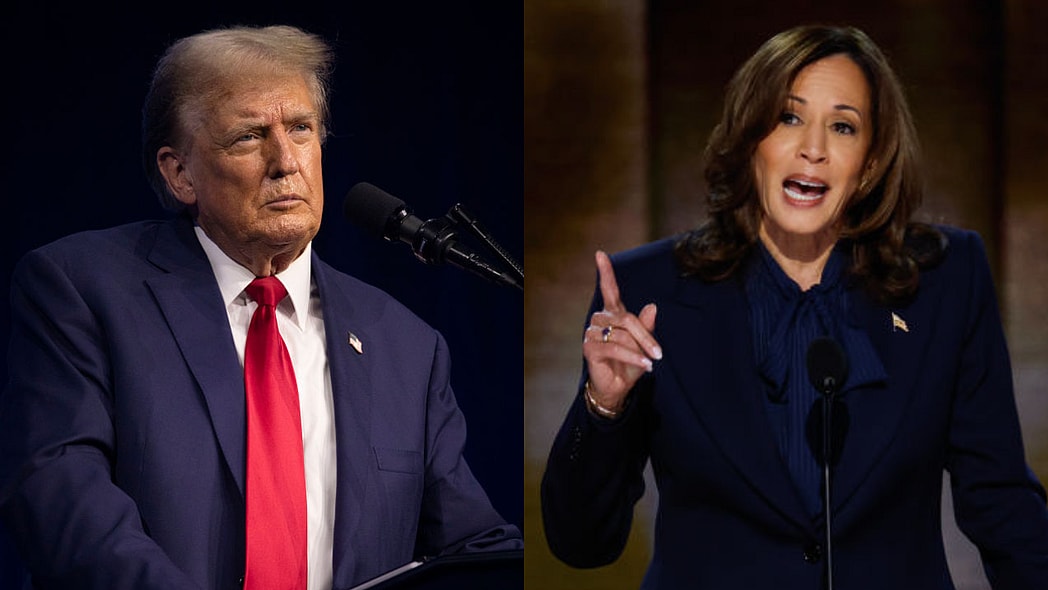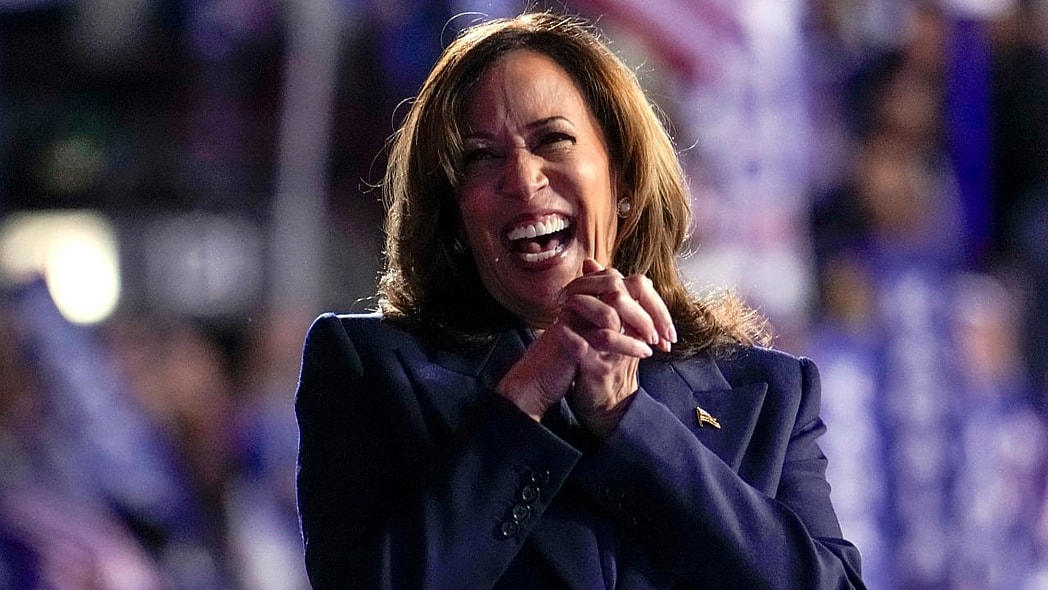Editor’s note: The following article is an op-ed, and the views expressed are the author’s own. Read more opinions on theGrio.
When I was growing up in the 1960s and 1970s, the idea of a Black person or a woman becoming president seemed like an impossible dream. Even when I went to work on Rev. Jesse Jackson’s 1984 presidential campaign, I realized his candidacy faced enormous obstacles.
Despite being ahead of his time with proposals that once seemed radical but are now mainstream, Jackson was unable to win the Democratic presidential nomination in 1984 and 1988. Yet he paved the way for Barack Obama to make half of my impossible dream come true with his election as our nation’s first Black president in 2008.
Now that I’m back home from the electrifying Democratic National Convention in Chicago, I believe that Vice President Kamala Harris has a real shot at making the second half of my dream come true by becoming our first female president as well as our second Black president and the first South Asian American to lead our nation.
But Harris’ success is far from guaranteed. She needs staunch support and voter turnout by Democrats, independents, people of color, women and Republicans disgusted with former President Donald Trump’s radical transformation of their party into a cult of personality that ignores his failures, extremism, incompetence and lies.
Importantly, I don’t support Harris simply because of her gender and race. With an outstanding record in 20 years as an elected official — San Francisco district attorney, California attorney general, U.S. senator and now vice president — Harris is a proven leader and freedom fighter.
Our vice president has fought for the freedom of all Americans to vote, obtain affordable health care (including reproductive health care), get a good education and a decent job, be protected from gun violence and crime, and much more. She is a crime fighter running against a convicted criminal who wants to return to the White House to stay out of prison and weaponize government against his opponents as an authoritarian ruler.
Harris has climbed the ladder of political success thanks to her own talents and hard work but also because many people of all races have worked for many years to give Black people and women equal opportunities in politics and government, long before Jesse Jackson, Barack Obama and Hillary Clinton sought the presidency.
For example, Rep. Shirley Chisholm of New York unsuccessfully sought the Democratic presidential nomination in 1972. But few in the media and public took her candidacy seriously. How could a Black woman possibly be elected president?
Among the most effective though least recognized fighters for equality was Fannie Lou Hamer, a Black woman who burst onto the national scene at the 1964 Democratic National Convention for her efforts to gain voting rights for Black people in the South.
Born in 1917 on a Mississippi plantation where her parents were sharecroppers, Hamer left school at age 12 to pick cotton full-time.
Elections
Hamer began working to register Black people to vote in 1962. Racist policies and practices, such as poll taxes and literacy tests — along with violence by the Ku Klux Klan, law enforcement officers and others — had long barred the vast majority of Black Mississippians from participating in elections. Only about 5% were registered to vote in 1964.
As a result of her voter registration work, Hamer was fired from her job. In 1963, she was one of several Black women arrested in Winona, Mississippi, for sitting in a whites-only bus station restaurant, after they completed a voter registration drive in South Carolina. She was beaten in jail, resulting in her suffering injuries to an eye, severe kidney damage and a life-long limp.
Hamer came to the 1964 Democratic National Convention to protest the seating of Mississippi’s all-white delegation and to demand that an integrated delegation be seated instead. While she lost that fight, her remarks to the Credentials Committee at the convention denouncing racial discrimination in the South drew national attention. She became a member of Mississippi’s first integrated delegation to the Democratic National Convention in 1968.
This year, former Secretary of Housing and Urban Development Marcia Fudge co-chaired the Credentials Committee. I was honored to serve on that panel as we approved and certified a historic number of Black delegates to the Democratic National Convention.
Sadly, Hamer died of breast cancer in 1977 at age 59 — the same age that Kamala Harris is today. Hamer had a harder life, with fewer opportunities. But thanks to her and so many others — including President Joe Biden, who selected Harris to be his vice-presidential running mate four years ago and selflessly stepped aside to enable her to become the Democratic presidential nominee this year — Harris could make history and become our president in January.
I don’t know if Hamer ever envisioned a Black woman president, but she clearly foresaw better days ahead. “One day I know the struggle will change,” she said in 1964. “There’s got to be a change — not only for Mississippi, not only for the people in the United States, but people all over the world.”
If elected president of the United States, Kamala Harris will lead that change. As she so eloquently stated in her acceptance speech at the Democratic National Convention, “Our nation, with this election, has a precious, fleeting opportunity to move past the bitterness, cynicism and divisive battles of the past, a chance to chart a new way forward. Not as members of any one party or faction, but as Americans.”
As a young girl, I looked up to and admired Fannie Lou Hamer. As a young woman, I worked for Shirley Chisholm in the 1980s. And today, I am honored to count Kamala Harris as a friend. Harris is carrying on the work of Hamer, Chisholm and the other trailblazers who came before her, moving our nation forward to build a better and more just future for the American people.

Donna Brazile is a veteran political strategist, Senior Advisor at Purple Strategies, New York Times bestselling author, Chair of the J. William Fulbright Foreign Scholarship Board, and sought-after Emmy- and Peabody-award-winning media contributor to such outlets as ABC News, USA Today and TheGrio. She previously served as interim Chair of the Democratic National Committee and of the DNC’s Voting Rights Institute. Donna was the first Black American to serve as the manager of a major-party presidential campaign, running the campaign of Vice President Al Gore in 2000. She serves as an adjunct professor in the Women and Gender Studies Department at Georgetown University and served as the King Endowed Chair in Public Policy at Howard University and as a fellow at the Institute of Politics at Harvard Kennedy School. She has lectured at nearly 250 colleges and universities on diversity, equity and inclusion; women in leadership; and restoring civility in American politics.










